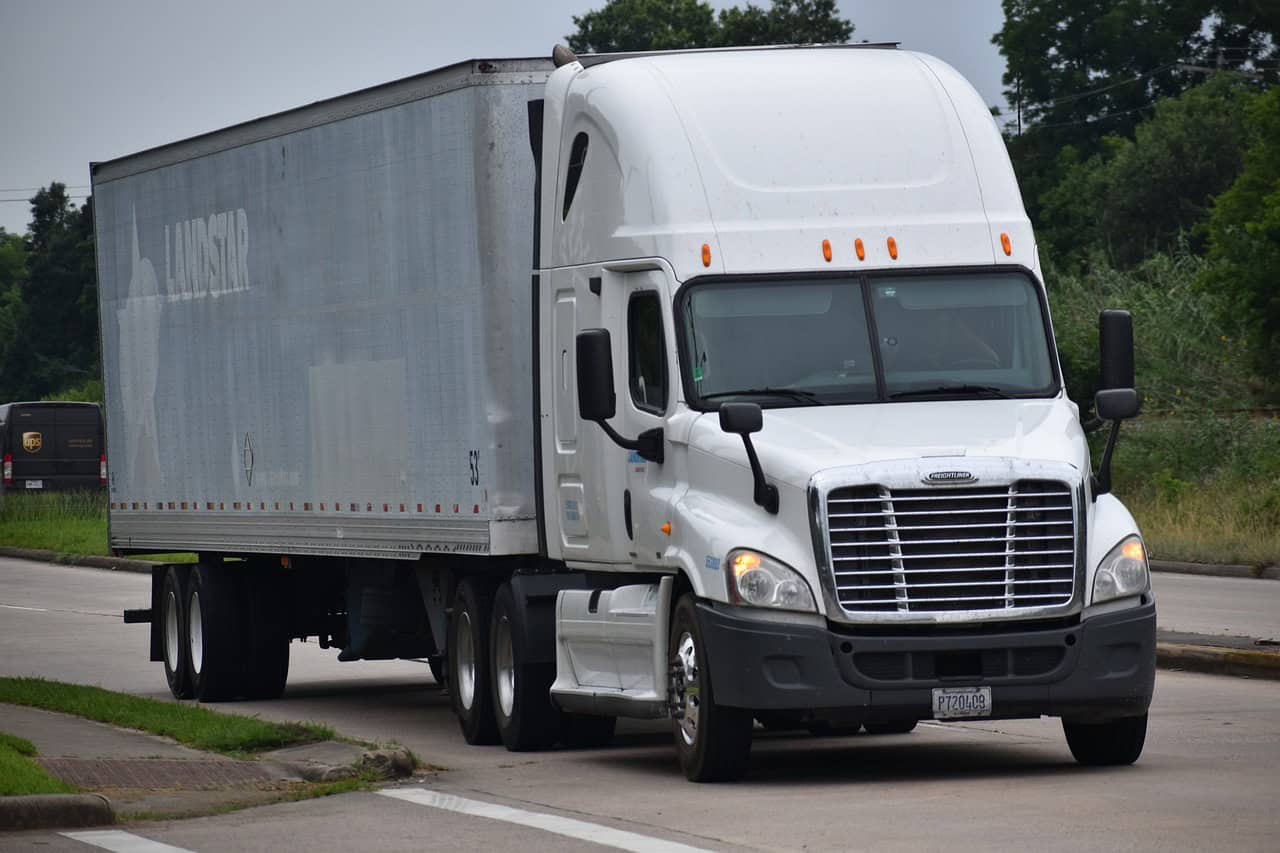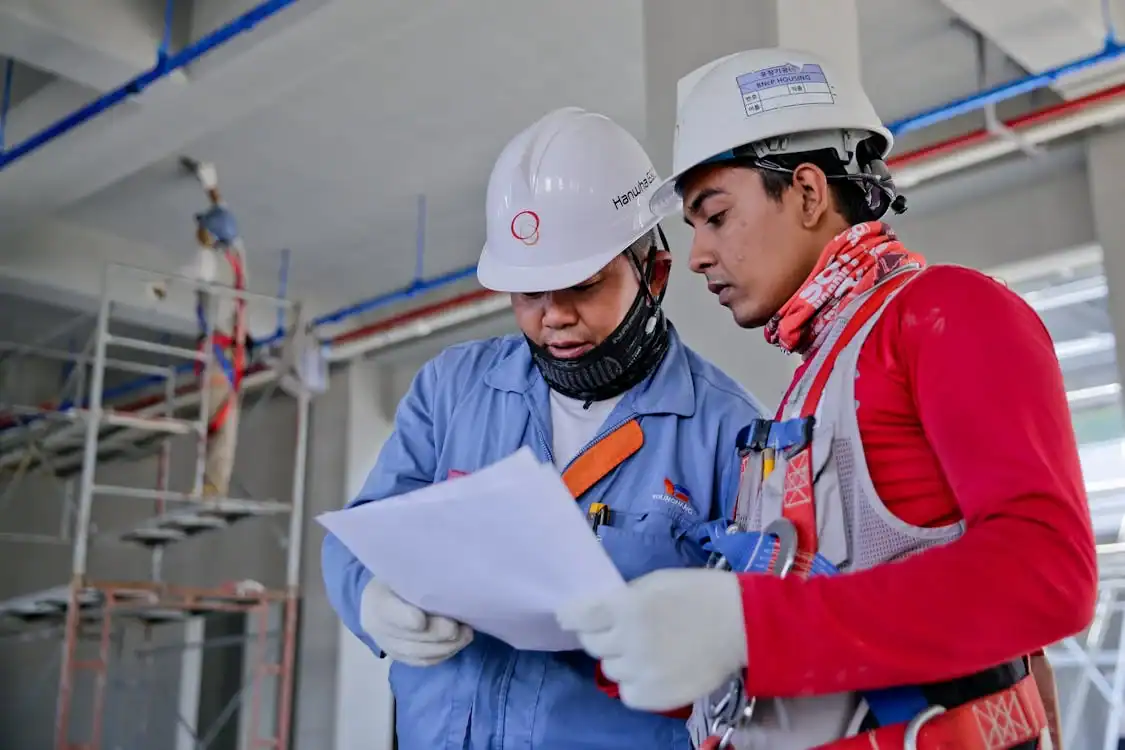In the bustling world of gastronomy, the importance of reliable kitchen equipment cannot be overstated. At the heart of a restaurant’s kitchen operations lies the crucial aspect of food preservation – a job masterfully handled by commercial refrigeration.
These mighty units not only ensure the freshness and safety of food but also contribute to the efficiency and workflow of a culinary establishment. From bustling diners to high-end eateries, the choice of refrigeration can significantly influence a kitchen’s performance. In this article, we’ll delve into the pivotal role of commercial refrigeration and offer insights into selecting, maintaining, and optimizing these essential appliances for your restaurant’s success.
Understanding the Role of Commercial Refrigeration in Restaurants
The backbone of any successful restaurant is its ability to serve fresh and delicious meals, which is largely dependent on proper food storage. Commercial refrigeration units play a critical role by maintaining precise temperatures to preserve the integrity of ingredients. From raw meats and dairy to fresh produce and desserts, each item requires specific storage conditions to prevent spoilage and foodborne illnesses.
Apart from food safety, commercial refrigerators also enhance a restaurant’s operational efficiency. Easy access to well-organized, chilled storage allows chefs to streamline their food preparation processes, thus speeding up service. This is especially crucial during peak dining hours when a well-run kitchen needs to operate like a well-oiled machine.
Moreover, investing in a high-quality commercial refrigerator impacts your bottom line by reducing waste. Reduced spoilage means fewer ingredients thrown away, translating to better cost management. With a variety of refrigeration options available, restaurants can select units that best fit their menu needs and kitchen layout.
Maintaining Your Commercial Refrigeration Equipment for Longevity
Regular maintenance of commercial refrigeration units is vital to their longevity and efficiency. Scheduled cleaning of coils, fans, and seals can prevent the buildup of dust and debris, which may hinder performance and cause overexertion of the appliance, leading to premature failure.
Monitoring and promptly addressing any irregularities in performance can save restaurant owners costly repairs in the long run. For example, a refrigerator that is struggling to maintain temperature might need servicing before a more significant breakdown occurs. Keeping a log of temperatures and performance issues can help diagnose and address these concerns early.
Employee training is also essential to maintaining commercial refrigeration. Staff should understand the importance of keeping doors closed, organizing contents properly, and reporting any issues immediately. Misuse or neglect can cause strain on the unit, reducing its lifespan and operational efficiency.
Energy Efficiency in Commercial Refrigeration

Energy consumption is a significant factor in operating commercial refrigeration, influencing both environmental impact and operational costs. Modern refrigeration units often come with energy-saving features such as LED lighting, programmable thermostats, and efficient cooling systems that contribute to reducing energy use.
The design and placement of refrigeration units can also affect energy efficiency. Proper insulation and keeping units away from heat sources like ovens and stoves help maintain internal temperatures with less power. Additionally, investing in ENERGY STAR certified equipment can lead to long-term savings and sustainability.
Ongoing monitoring of energy usage is essential to maintain efficiency. Smart meters and energy management systems can provide valuable insights into a refrigerator’s performance, revealing opportunities to cut energy consumption even further.
Innovations and Trends in Restaurant Refrigeration Technology

The restaurant industry is continuously evolving, and refrigeration technology is no exception. Technological advancements are bringing sophisticated features to commercial refrigeration, enhancing usability, efficiency, and performance. For instance, the advent of IoT-enabled refrigerators allows chefs and managers to monitor their units remotely, ensuring optimal operation at all times.
Environmental concerns are also shaping the landscape of refrigeration technology. Manufacturers are developing units using alternative, eco-friendly refrigerants that minimize the impact on the ozone layer and global warming. These initiatives cater to a growing market of environmentally conscious restaurant owners and patrons.
Altogether, the strategic selection, diligent maintenance, and embracing of advanced technology in commercial refrigeration can significantly impact a restaurant’s operation, customer satisfaction, and bottom line. Ultimately, informed decisions in this aspect of the kitchen create a solid foundation for culinary success and industry leadership.






